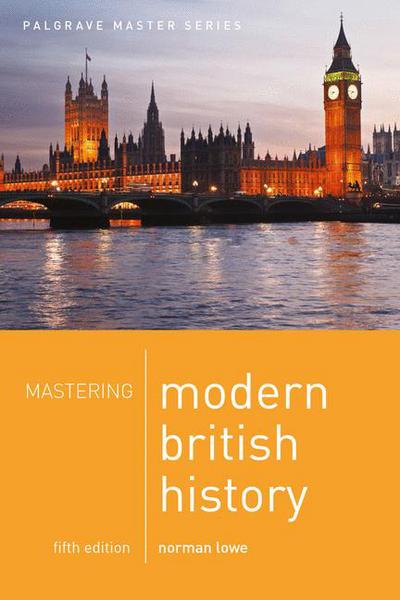


Are you sure you want to reset the form?
Your mail has been sent successfully
Are you sure you want to remove the alert?
Your session is about to expire! You will be signed out in
Do you wish to stay signed in?
Formation of the National Government, August 1931
Study the Sources A to C and then answer the questions that follow.
Source A:
| The account by Philip Snowden, Chancellor of the Exchequer in the Labour government (August 1929 to August 1931) and in the National Government (August to-October 1931). Mr. MacDonald at the palace meeting on the Monday morning agreed to the formation of a National Government, with himself as Prime Minister, without a word of previous consultation with any of his Labour colleagues... When the Labour cabinet as a whole refused to agree to a reduction of Unemployment pay, Mr. MacDonald assumed too readily that this involved the resignation of his government. He neither showed nor expressed any grief at this regrettable development. On the contrary, he set about the formation of the National Government with an enthusiasm which showed that the adventure was highly agreeable to him... A meeting of the Parliamentary Labour Party was held on August 28th. Mr. MacDonald did not attend it, nor did he send any message or appeal. Taking all these things together, I think they give ground for the suspicion that Mr. MacDonald deliberately planned the scheme of a National Government, which would at the same time enable him to retain the position of Prime Minister and to associate with political colleagues with whom he was more in sympathy than he had ever been with his Labour colleagues. Source: P. Snowden, Autobiography, Nicolson & Watson, 1934. |
Source B:
| Memoirs of Emmanuel Shinwell, a junior minister in the 1929-31 Labour government. I prefer to take a tolerant view of MacDonald’s activities at this time. On the personal plane it must be remembered that MacDonald was 65 and appeared much older….What I am bound to say is that MacDonald believed he was right. He felt he was doing his duty on behalf of the nation; this conviction was the motive rather than any personal ambition to hold on to office. What hurt him was through his actions he had been misunderstood and had lost the support and friendship of people like myself who had previously stood by him. To dismiss MacDonald as a traitor is nonsense. colleagues. Source: E. Shinwell, I've Lived Through It All, Gollancz, 1973, and Conflict without Malice, Odhams, 1955. |
Source C:
| Historian Philip Williamson gives his interpretation. MacDonald, it was said, must have been seduced into ‘betraying’ his party by royal flattery....That the king took an unusually active part during the August crisis is now beyond doubt. Once it became clear that the Labour cabinet would probably resign, in separate audiences with the party leaders and then at a Buckingham Palace conference with all three, the king did not so much seek advice as press for agreement with his own preference for a National government....All party leaders understood that the national interest required the preservation of financial confidence, yet tax increases and expenditure cuts threatened severe difficulties for whichever party imposed them. Consequently, as the Labour cabinet disintegrated, party leaders sought to escape sole responsibility by spreading the burden to their rivals. With Baldwin absent on holiday, Neville Chamberlain proposed a national government in preference to a Conservative or Conservative/Liberal government, because this would shield their party from the electorally-damaging accusation that it was a rich man's party cutting the incomes of the poor. The acting Liberal leader, Samuel, and his colleagues supported the idea because they too feared an electoral backlash. MacDonald put the proposal to the Labour cabinet as a means to ensure ‘equal financial sacrifices’ from all classes. So even before the king became involved, Labour, Conservative and Liberal negotiators had discussed the formation of a National government. Source: P. Williamson, ‘The King, Politicians and the 1931 Crisis’, in Modern History Review, November 1993. |
